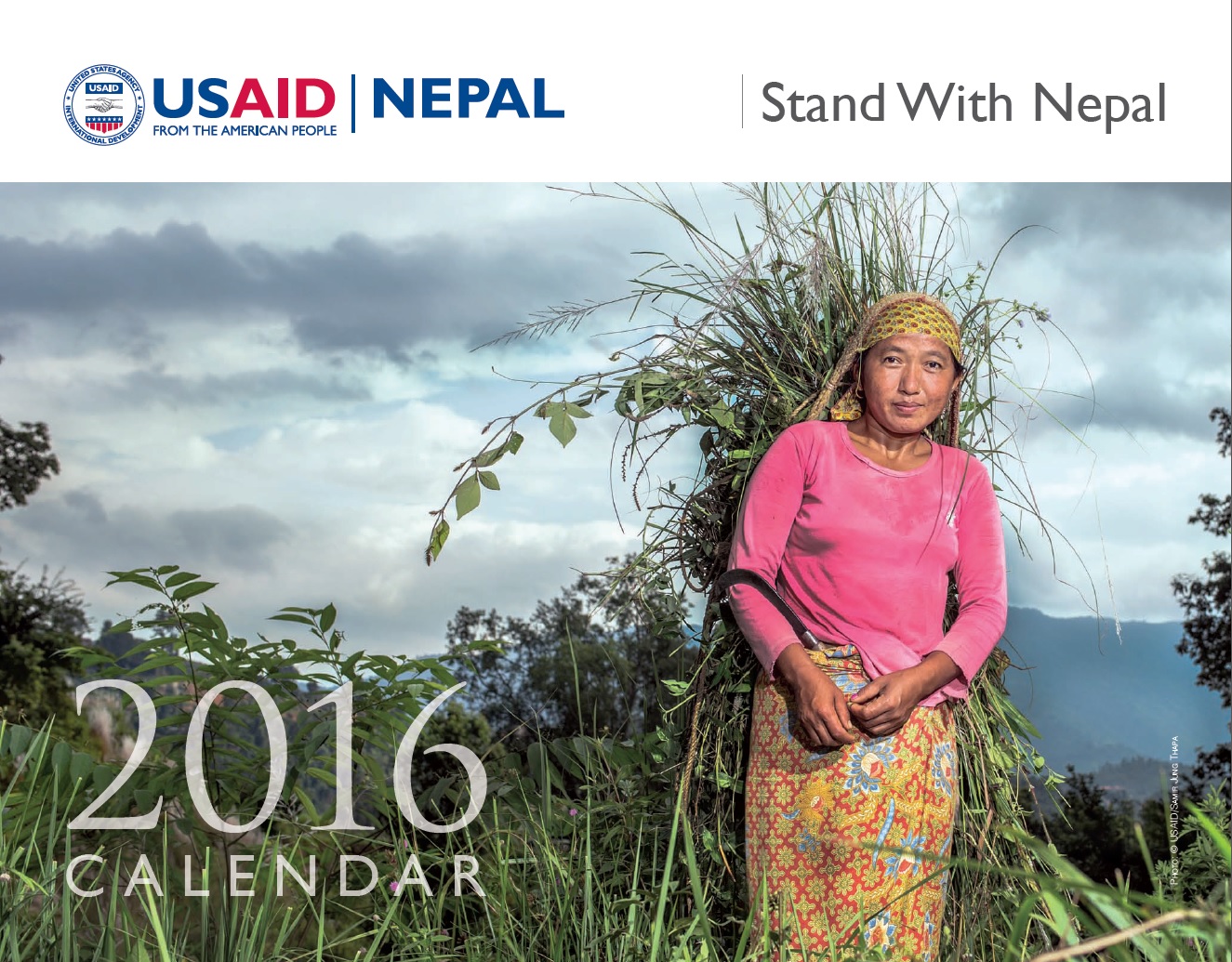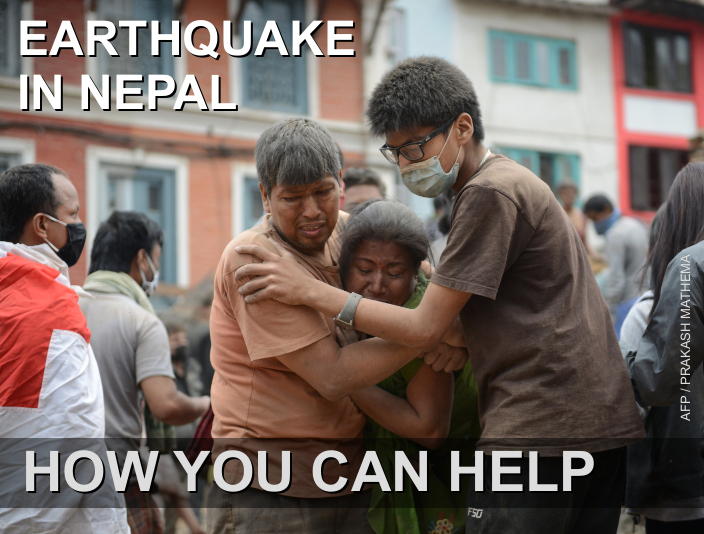To improve the quality, accessibility and sustainability of rehabilitation services in Nepal, USAID introduced the STRIDE project in 2010. The project provides direct technical and financial support to five physical rehabilitation centers (local partner organizations) and their three satellite units in order to strengthen their institutional capability and client services.
USAID/Nepal’s Safe-WASH II project improves sanitation, promotes hygiene behavior, and increases access to safe drinking water in rural communities.
The Government of Nepal’s Ministry of Health and Population (MOHP) has seen award-winning success in improving maternal and infant health across the country. The Ministry is on track to achieve Millennium Development Goals 4 “Reduce Child Mortality” and 5 “Improve Maternal Health” and continues to strive to realize further accomplishments in the areas of maternal, newborn and child health. To build on these successes, USAID provides direct funding to strengthen MOHP staff capacity and management systems with the end goal of improving quality and access to services focused on marginalized and vulnerable communities.
The five-year, $39 million Hariyo Ban project falls under the U.S. Government's Global Climate Change Initiative, and is designed to reduce threats to the country's ecosystems through interventions in two critical bio-diverse areas covering over a third of the country: the Terai Arc Landscape and the Chitwan-Annapurna Landscape. The project is designed to help communities build resilience to adverse effects of climate change and improve the livelihoods of Nepal's most impoverished communities.
Today, the United States Agency for International Development (USAID) organized a special event to commemorate the 20th anniversary of its partnership with the Government of Nepal and other stakeholders in supporting the national response to HIV/AIDS.











Comment
Make a general inquiry or suggest an improvement.